
Months of negotiations and competing pandemic relief proposals have not yet yielded a deal, prompting lawmakers in Washington recently to extend the deadline for talks. A $908 billion package born from compromise, proposed by a group in the House and the Senate who staked a middle ground between Democrats’ proposed $2 trillion and Republicans’ $500 billion “skinny” bill, is at the center of discussions.
That has already proved one thing: Congress is not totally broken, although insiders admit it needs fixing. As part of the DealBook D.C. Policy Project, The New York Times gathered a virtual panel of experts in early December to discuss the art of bipartisan deal making, the roots of the current dysfunction and how to break the deadlock.
The participants:
Susan W. Brooks, congresswoman from Indiana
Joshua S. Gottheimer, congressman from New Jersey
Antonia Ferrier, chief strategic communications officer at CGCN
Rohit Kumar, co-leader of PwC’s Washington National Tax Services
Norman J. Ornstein, resident scholar at the American Enterprise Institute
Jonathan Kott, senior adviser to Senator Chris Coons of Delaware
Jason Grumet, founder and president of the Bipartisan Policy Center
Scott Mulhauser, partner at Bully Pulpit Interactive
Moderated by Julie Hirschfeld Davis, The Times’s congressional editor
At least we can agree on the basics.
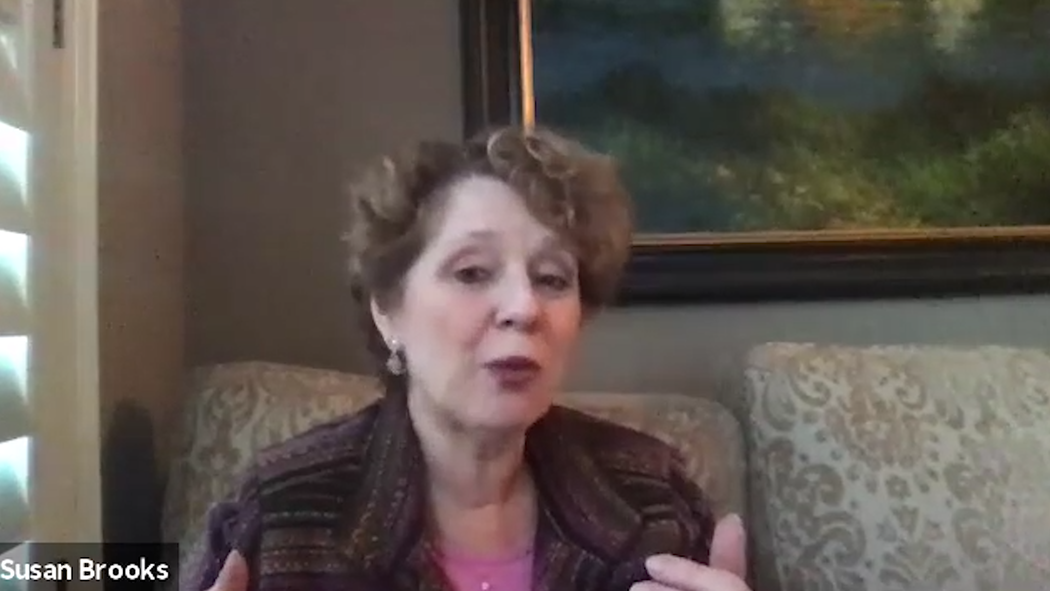
The good news is that for all the public bickering, the panelists, in conversation, seem to see eye to eye on some important things. They agree, for example, that they can generally relate to one another and should spend more time doing it.
Voters may not see the collegiality that enables lawmakers to get things done, said the retiring Representative Susan W. Brooks, Republican of Indiana, who worked on a 97-point bipartisan list of legislative and process fixes. “The American people are always surprised when I say we actually get along really well,” she said. “Most members of Congress, one on one, are pretty friendly and actually have a lot in common.” She suggested that spending more time together “off camera” would help them get more done.
But the panelists generally felt that moderation and efforts to reach consensus come at a high political cost in a divided environment, with little appreciation for hard-won compromises. And the bad news is that although it was a constructive debate, it also showed how stark partisanship had left political players wary, which doesn’t make reaching agreements easier.
Small fixes can make a difference, but there is no “silver bullet.”
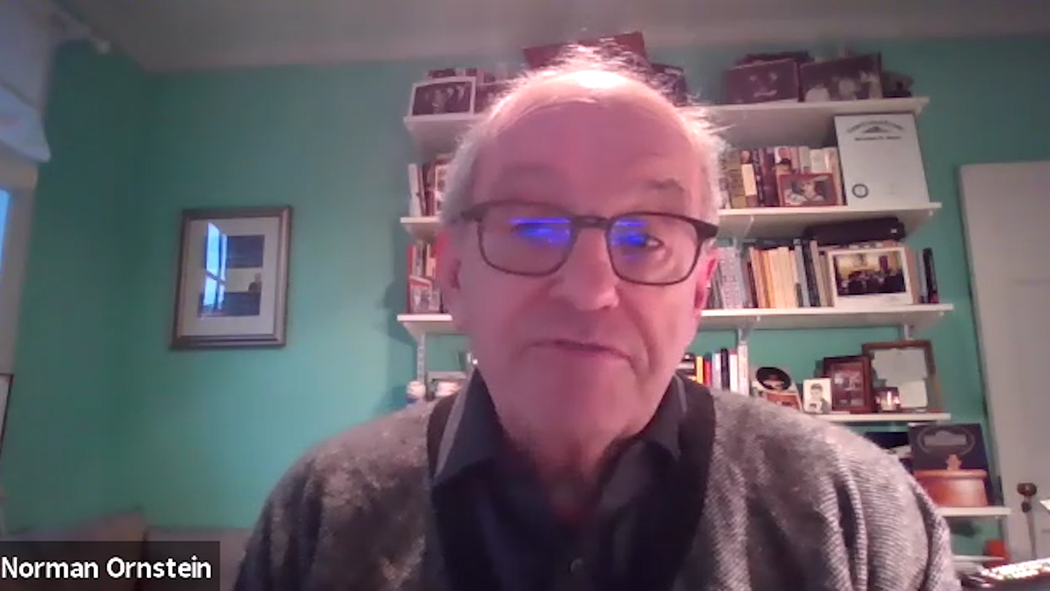
Representative Joshua S. Gottheimer, Democrat of New Jersey, who recently said members of Congress were “exhausted” by the stimulus conflict, has been seeking consensus as a co-chair of the 50-member House Problem Solvers Caucus. The bipartisan group declared its dedication to moderation and relationship-building in September, proposing a compromise Covid-19 relief bill, and worked with senators on the $908 billion package that rebooted stalled talks this month. He agreed with Ms. Brooks — “I think Susan nailed it” — that members can work together, but he noted that it could have unpleasant consequences:
Jonathan Kott, a senior adviser to Chris Coons, a Democratic senator from Delaware, backed the sentiment, saying: “The more members are together, the more they can build relationships. The more they build relationships, the easier it is to work together and get things done.”
Norman J. Ornstein, a scholar at the American Enterprise Institute, said that lawmakers needed freedom from fund-raising pressure to focus on their jobs:
Similarly, Rohit Kumar of PwC, who previously served as deputy chief of staff to the Senate majority leader, Mitch McConnell, added important nuance to the seemingly simple solution of members’ just spending more time together. There is no “silver bullet,” he said, because of certain systemic and cultural constraints:
The election suggests that there may be some appreciation for moderation.
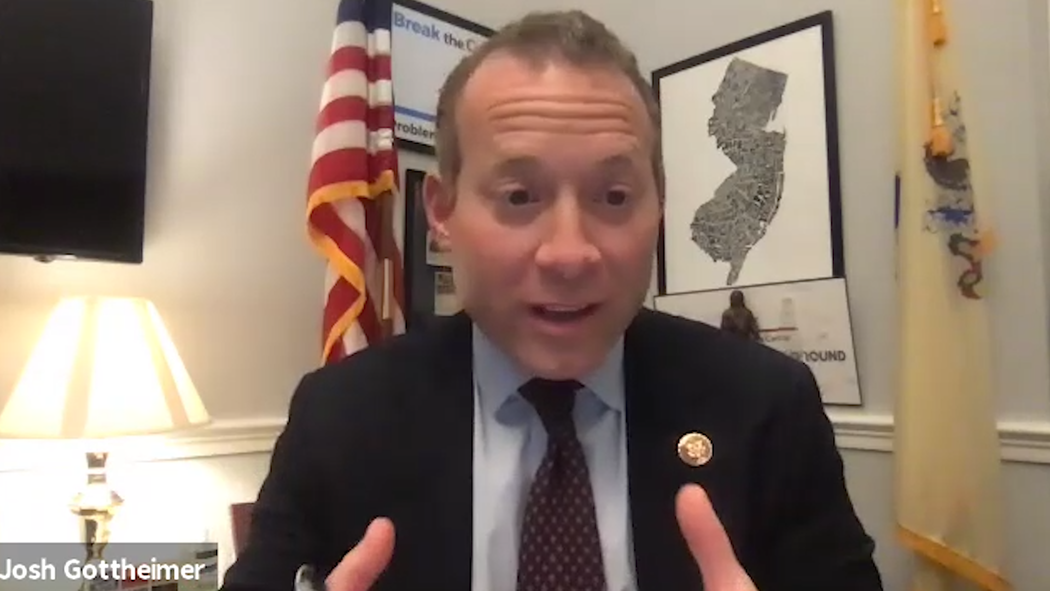
Ms. Brooks said she thinks the results of November’s vote show that Americans “wanted divided government,” which she believes could be a recipe for more bipartisan deals — in the House, at least:
Latest Updates
- Walmart is preparing to administer a coronavirus vaccine once it is available.
- Mastercard and Visa stop allowing their cards to be used on Pornhub.
- The U.S. budget deficit hit $207 billion in November.
Mr. Gottheimer agreed, saying that narrow majorities set up “a perfect opportunity” to advance bipartisanship:
Starting small sounds good, but it doesn’t always work.
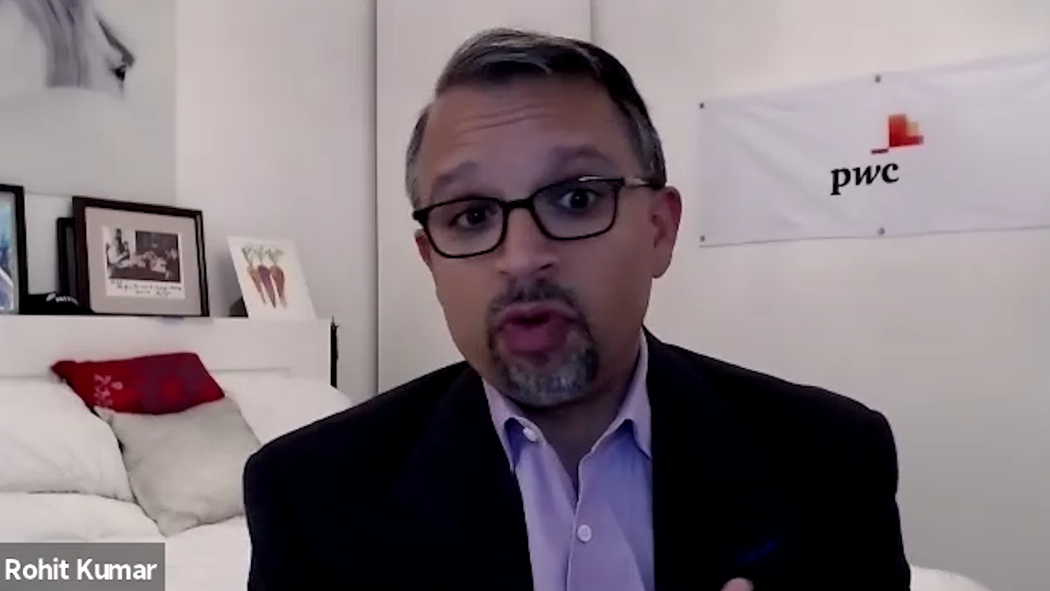
Mr. Kumar has witnessed Mr. Biden and Mr. McConnell negotiating deals — successfully and unsuccessfully — and noted that their track record on reaching agreements didn’t extend to nonemergency situations. He cautioned against assuming that the two could move the “wings of the parties” to get “permission” to cut deals:
Jason Grumet, who heads the Bipartisan Policy Center, also believes crisis can force consensus and centrism. He said the pandemic would make finding issues of bipartisan agreement easier because the president-elect’s agenda would be focused on pressing needs that are arguably unimpeachable on either side of the aisle:
The cracks are never far below the surface.
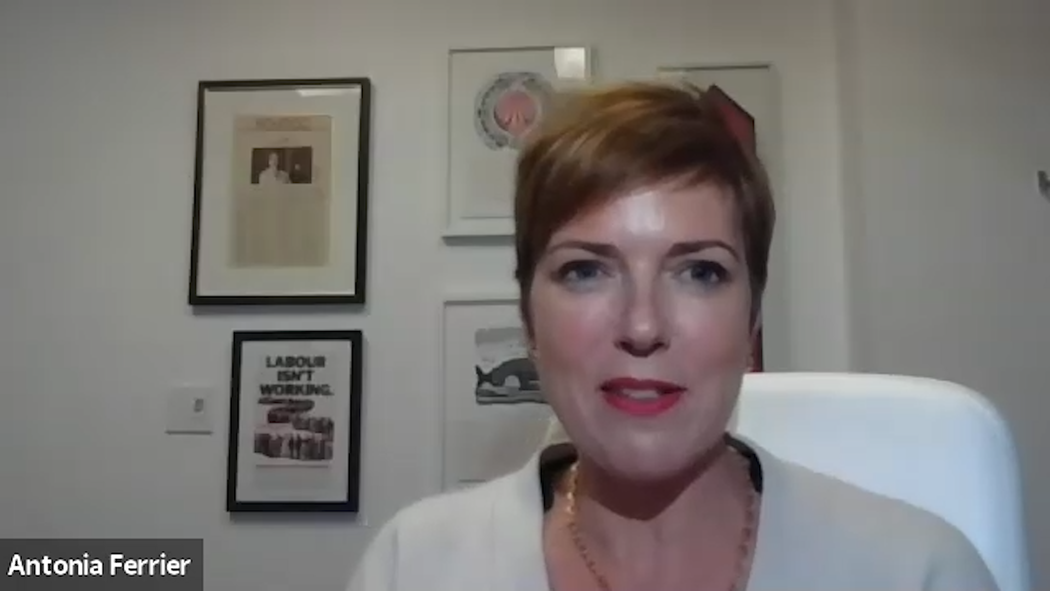
The fragility of consensus was also evident. Scott Mulhauser, a partner at the communications firm Bully Pulpit Interactive, sparked partisan sparring when he questioned whether Republicans would be willing to agree to a stimulus deal even if the moment is “screaming for congressional action.”
Antonia Ferrier, who heads strategy at the communications shop CGCN and served as staff director for Mr. McConnell, pushed back, saying Democrats asked for too much and Republicans didn’t get enough credit for the less extreme deals they made. “If the expectation is that Republicans are going to just accede to what Democrats want, and then that’s a bipartisan win, I would say that’s not fair either,” she said. “It’s got to be true compromise.”
Their exchange showed how quickly well-intentioned debate could shift to trading blame and how hard it could be to find agreement even when all the parties were aligned on some essential elements. As Mr. Gottheimer noted, “We all have battle scars on this call.”
Ever the problem solver, he summarized the struggle for those trying to recapture a bipartisan spirit. “So there’s the looking backward part and then looking forward,” he said, “what do we have the courage as a Congress to do?”
Did you miss our previous article...
https://trendinginthenews.com/usa-politics/jobless-benefits-saved-them-until-states-wanted-the-money-back






